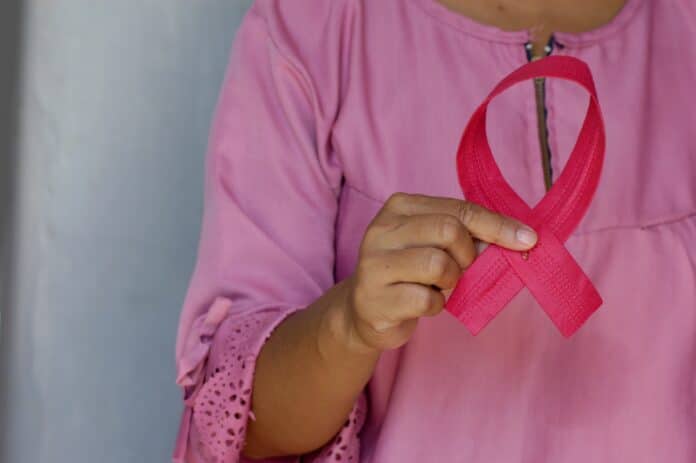A host of variables affect a woman’s risk for breast cancer. Some variables are related to a woman’s lifestyle. For example, the American Cancer Society reports that a sedentary lifestyle can increase breast cancer risk. In addition, the ACS notes that women who consume unhealthy diets are at greater risk of becoming overweight or obese, which also increases breast cancer risk.
A woman’s lifestyle is largely up to her, which means women can exert a measure of control over their risk for a disease that the World Cancer Research Fund International reports was the world’s most commonly diagnosed cancer in 2020. However, additional variables beyond a woman’s control, including breast density, can increase the risk for breast cancer.
What is breast density?
The Centers for Disease Control and Prevention notes that breast density reflects the amount of fibrous and glandular tissue in a woman’s breasts compared to the amount of fatty tissue in the breasts.
How do I know if I have dense breasts?
Women cannot self-diagnose dense breasts. The National Cancer Institute notes that only a radiologist can determine if a woman has dense breasts, and that’s only possible after a mammogram.
What is the significance of breast density?
Breast density and breast cancer are linked, which underscores how important it can be for women to discuss breast density with their physicians. The National Cancer Institute notes that dense breasts are not considered an abnormal breast condition or a disease, though they are a risk factor for breast cancer. Women determined to have dense breasts have a higher risk of breast cancer than women with fatty breasts.
The CDC notes that dense tissue can hide cancers, as the fibrous and glandular tissue in breasts, which is more abundant in dense breasts than fatty breasts, looks white on a mammogram. That’s significant, as tumors also look white on mammograms, which means it’s easy to mistake a small tumor for fibrous and glandular tissue.
What can I do if I have dense breasts?
It’s important that women with dense breasts open a dialogue with their physicians. This is especially important when switching physicians, as a new doctor can consider this when treating a patient for the first time. Doctors may recommend certain tests to women with dense breasts, particularly after considering a woman’s age and family history of breast cancer. The CDC notes that additional testing can produce a false positive result, so women can discuss that likelihood as well. But in some cases, a breast ultrasound or a breast MRI may detect a tumor that a mammogram did not find, so additional testing should not be written off.
Breast density and breast cancer are linked, but the NCI notes that research has indicated that women with dense breasts are no more likely to die from breast cancer than women with fatty breasts. More information about breast density can be found at cancer.gov.

